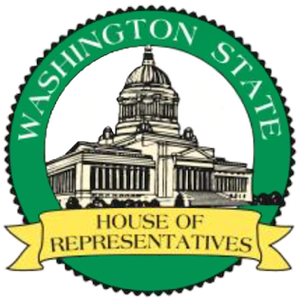The Washington State House of Representatives (WA House) convenes floor sessions to read, debate, amend, and vote on legislation.
Second and Third Reading
- HB 2320 - "Concerning high THC cannabis products."
- HB 2255 - "Concerning inversion and diversion of cannabis."
- HB 1453 - “Providing a tax exemption for medical cannabis patients.”
Calendared
- HB 2151 - "Reassigning the accreditation of private cannabis testing laboratories from the department of ecology to the department of agriculture."
